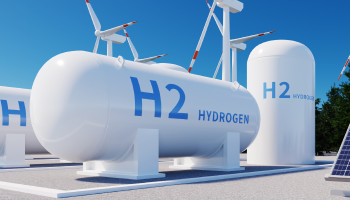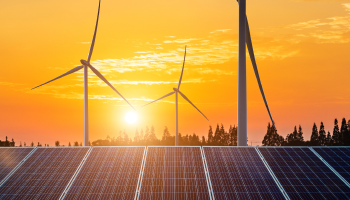Energy Engineering Major
Established in 1977, the Korea Institute of Energy Research (KIER) is a national research institution in the field of energy technology, boasting world-class researchers, faculty, and research infrastructure.
The KIER campus is composed of four specialized majors: Hydrogen Energy Engineering, Renewable Energy Engineering, Clean Energy Engineering, and Energy Systems Engineering.
Hydrogen Energy focuses on the production and storage of green/blue hydrogen, and fuel cells (Buan Branch).
Renewable Energy focuses on solar power, solar thermal energy, wind power, marine energy, biomass, secondary batteries, and AI-based resource assessment. Branches are located in Buan, Ulsan, Gwangju, and Jeju.
Clean Energy focuses on greenhouse gas capture, fossil fuel clean-up, and CCUS (carbon capture, utilization, and storage). Energy Systems focuses on the optimization and enhancement of convergence systems, and ICT and AI linked technologies.
At the KIER campus, next-generation energy experts are nurtured through a curriculum that emphasizes field training and artificial intelligence, supported by excellent infrastructure.












